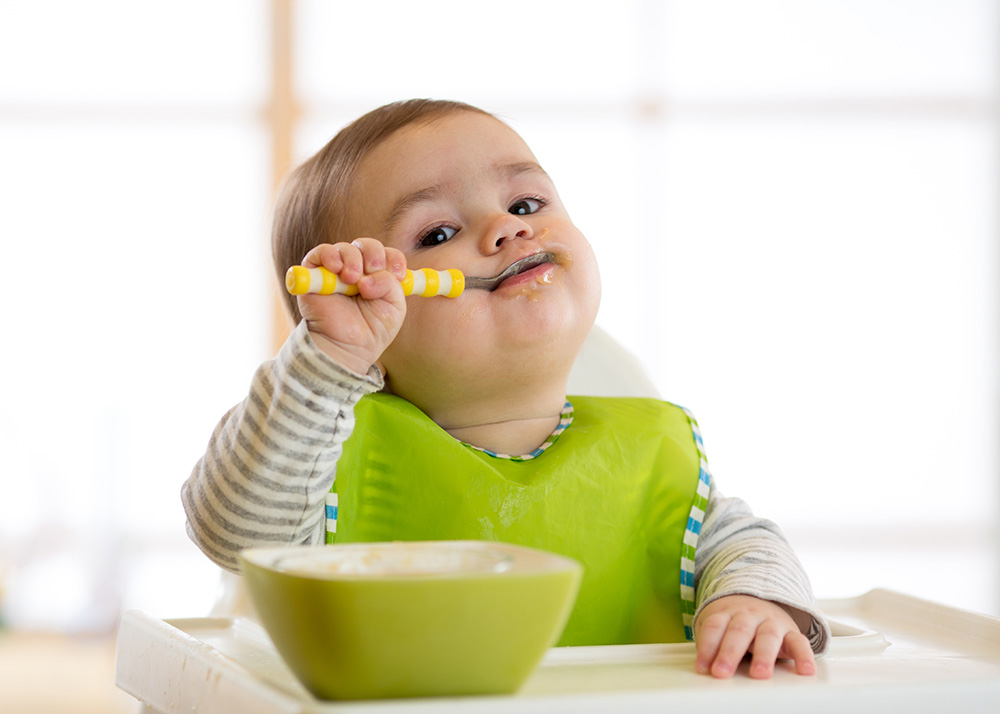This post is also available in: English বাংলা (Bengali)
As parents, we have all experienced toddlers who suddenly become ‘fussy eaters’ during meals. They may refuse to eat the food offered, have prolonged meal times or need distractions to eat. This kind of behaviour is often the result of improper training for meal times. However, if this fussiness happens during every meal and adversely affects the child’s nourishment and growth, then one needs to seriously look into it.
Some children may have genuine medical disorders, like chewing issues, due to which they may have trouble eating and hence appear to be fussy. These ‘chewing issues’ in children can be due to oral-motor or oral-sensory problems.
The oral-motor aspect of eating involves the working of the mouth muscles i.e. how well they contract and relax to coordinate the act of chewing and manipulating the food in the mouth. If this is a problem area for your baby then he or she may:
# let the food remain in the mouth without chewing
# chew very slowly and for a long time
# let the food drop from the mouth
# avoid eating as it becomes a tiring job

The oral-sensory aspect of eating involves how the mouth perceives sensory information like the taste, texture and temperature of food. So if there is a problem here then the toddler typically will:
# prefer liquids and purees but will have trouble with chewable foods or vice versa
# gag and vomit while eating
# stick to only one or two types of food and not explore anything new
Children with chewing issues may also have trouble swallowing. This can further complicate the process of eating food. These children should be evaluated by a paediatrician and paediatric speech pathologist.

Treatment plans can be lengthy and are specific for the cause. If your child has oral-motor issues, then the speech pathologist can teach him exercises for his mouth muscles and also modify his eating techniques. If he has an oral-sensory issue, then he may need desensitization therapy (repeated exposure to problematic food) or may need the taste, texture and temperature of the food to be modified or may need a change in the feeding technique e.g. – changing the type of cup or spoon.
Do remember that chewing issues in toddlers can be emotionally draining for parents as well. So please do not hesitate to take help from trained professionals.
By
Dr. Preeti Gangan
MBBS,DCH ,IBCLC
Paediatrician and Lactation Consultant

This post is also available in: English বাংলা (Bengali)










